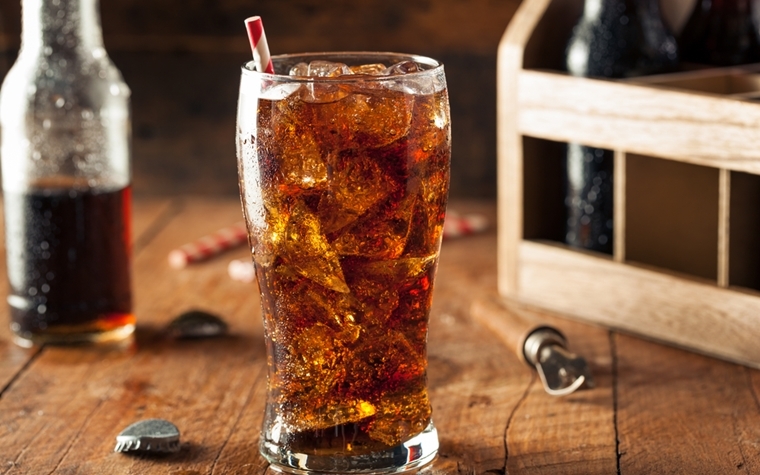A different type of cola war is taking place in Cook County.
Cook County has responded to a temporary restraining order filed by the Illinois Retail Merchants Association to delay a countywide sweetened beverage tax by filing a lawsuit of its own against the group.
According to Crain’s Chicago Business, Cook County is asking for $17 million in damages caused by the delay of the tax, which was initially scheduled to begin on July 1.

Tanya Triche Dawood, general counsel for the Illinois Retail Merchants Association
| http://irma.org/who-we-are/
“It was shocking to receive that motion from the county,” Tanya Triche Dawood, general counsel for the Illinois Retail Merchants Association, told Dan Proft and Amy Jacobson of "Chicago’s Morning Answer" radio show.
Proft is a principal of Local Government Information Services, which owns this publication.
Dawood said there were a number of changes made to the levy in the 30 days leading up to it being enforced and many retailers were unsure how to respond and comply.
“We felt we were left with no other choice but to file the lawsuit,” Dawood said.
Dawood said her clients believe the levy is unconstitutional for two reasons: vague language and inequality in taxing similar items.
“For example, if I go to my local coffee shop and buy a bottle of Frappuccino that has sugar in it, that’s taxed," she said. "If I order that same Frappuccino from the barista, it’s not taxed – that has sugar in it. We’re saying, 'What is the difference? They both have sugar. They are both Frappuccinos, yet one is being taxed and one isn’t.'”
The tax is one penny per ounce of sweetened beverage, but Dawood maintains that wording is too vague; for instance, what if a customer puts ice in the drink?
“Sure, we can charge them by the ounce of the cup, but technically (we would be) taking too much tax from them,” Dawood said.
Retailers are responsible for collecting and paying the tax.
“We’re the ones who are going to get sued if we’re over- or under-collecting either the sweetened beverage tax or the state sales tax,” Dawood said.
Dawood said the tax will drive customers across the state border.
“The problem that we’ve seen with consumption taxes is once that customer leaves to go elsewhere to buy the product cheaper, they don’t come back,” Dawood said.






 Alerts Sign-up
Alerts Sign-up